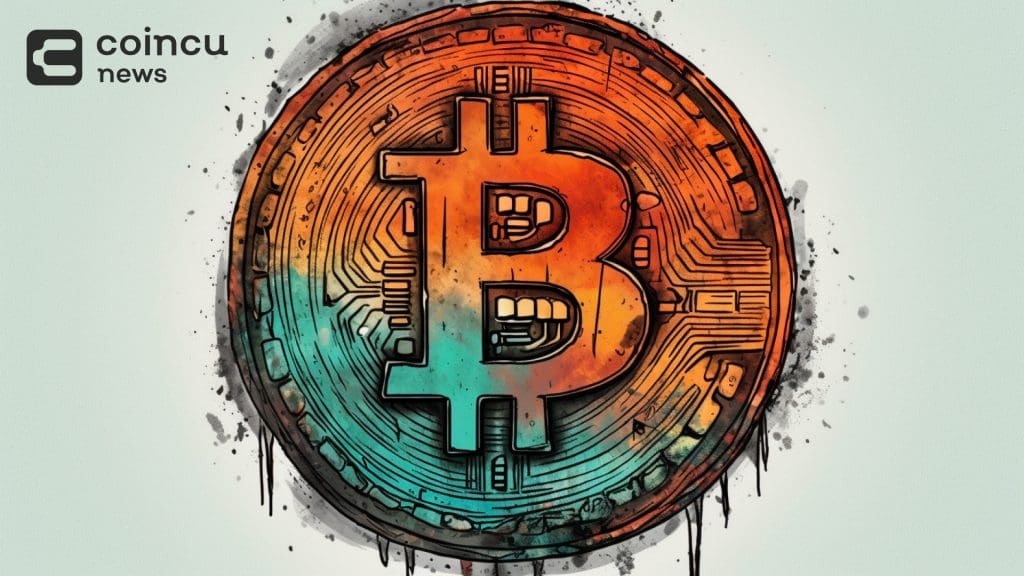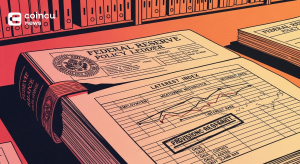Bitcoin Network Fees Suddenly Increased To $52, Causing Transactions To Be Affected
Key Points:
- OKX’s consolidation efforts caused high fees and network congestion due to an ineffective automated system.
- Over 330,000 unconfirmed transactions and soaring Bitcoin network fees resulted from reduced mining activity and power outages in China.
The Bitcoin network has recently experienced significant congestion, leading to soaring transaction fees.

Bitcoin Network Fees Soaring Makes OKX Wallet Have Difficulty Processing Transactions
The spike, which saw Bitcoin network fees reach 520 sat/vbyte (around $52), has been partly attributed to OKX’s wallet consolidation efforts.
According to @mononautical, the founder of Mempool, OKX began processing wallet transactions from block 846,867, handling over 2,380 transactions with an average fee rate of 246.65 sat/vbyte. The process, costing 254.28 BTC (approximately $17.6 million), seemed to be driven by an ineffective automated system, resulting in internal bidding wars and escalating Bitcoin network fees.
This development has exacerbated the current congestion on the Bitcoin network. As of the latest reports, over 330,000 transactions remain unconfirmed, with memory usage hitting 1.35 GB during peak congestion. OKX has responded to the community’s concerns, stating, “Thanks for the reminder, the team was testing a collection program and has stopped.”
New Protocols and Halving Strain Network Capacity
Beyond OKX’s issues, the broader Bitcoin ecosystem is also facing challenges that contribute to high transaction fees. The recent halving event, which reduced block rewards from 6.25 BTC to 3.125 BTC, has significantly impacted miner profitability.
The reduction has led to a noticeable drop in mining activity, with the network experiencing its largest daily hash rate decline since November 2017. Power outages in major Chinese mining hubs further compounded this problem, causing longer transaction times and heightened competition for transaction processing.
Network congestion during periods of high transaction volume is not new. Historical data shows similar surges, such as during Bitcoin‘s rally to $20,000 in 2017, when unconfirmed transactions in the mempool reached around 180,000. Additionally, new protocols like Ordinals and Runes have increased transaction volume, straining the network’s capacity further.
| DISCLAIMER: The information on this website is provided as general market commentary and does not constitute investment advice. We encourage you to do your own research before investing. |






















